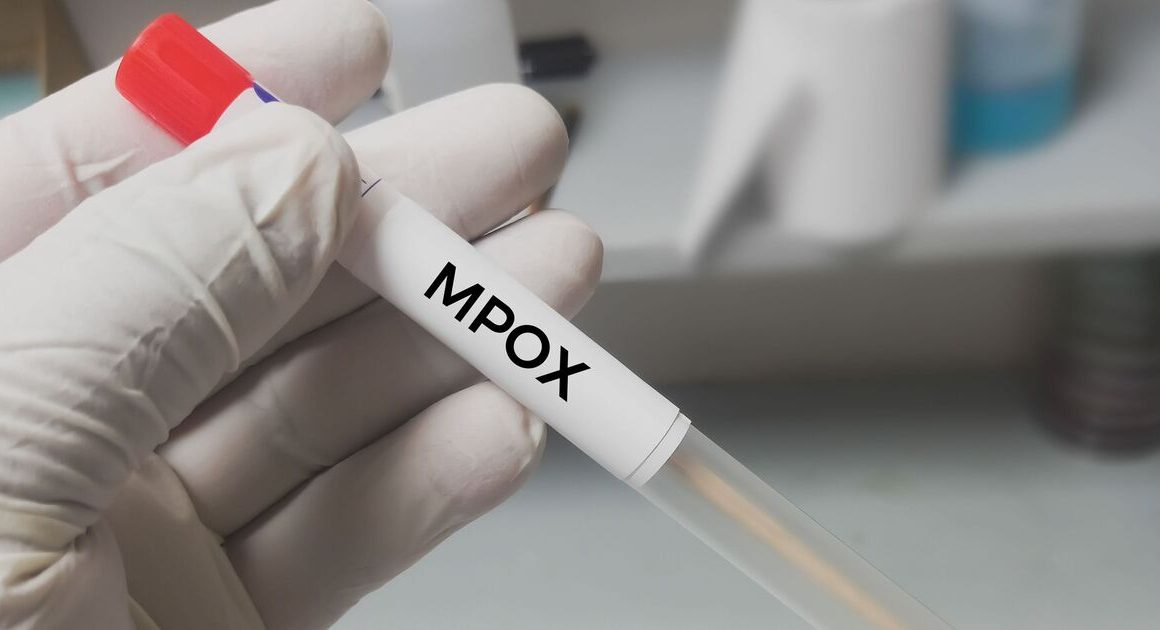Even if you don’t have a garden, caring for your indoor plants requires just as much attention and love.
Spider plants – or Chlorophytum comosum – are among the most popular houseplants in the UK, but they do come with their own set of challenges.
The Royal Horticultural Society suggests that spider plants are an excellent choice for those looking to expand their indoor plant collection.
They grow rapidly, adapt quickly to their environment, and are relatively inexpensive compared to other plants.
However, neglecting your spider plant can result in the leaves turning brown or yellow, despite their resilience.
If the leaves turn brown, it’s typically due to inadequate care and environmental factors.
These factors can include underwatering, drafts, low humidity levels, and even exposure to direct sunlight.
According to Lively Root, regular watering can prevent your spider plant from turning brown.
You can also frequently mist the plant to increase the room’s humidity level, or use a humidifier if you have one.
Avoid direct light, but placing your plant in a brightly lit room with indirect sunlight for four to six hours should do the trick, reports the Liverpool Echo.
The primary reasons for plants turning yellow include overwatering, extreme temperatures, ageing, insufficient or excessive light, or nutrient deficiency.
To prevent the leaves from yellowing, ensure your plant’s soil is completely dry before watering it again.
However, avoid leaving it in the sun to dry out, as this will exacerbate the yellowing.
Try to replicate tropical conditions with humidity levels to help revive your spider plant.












